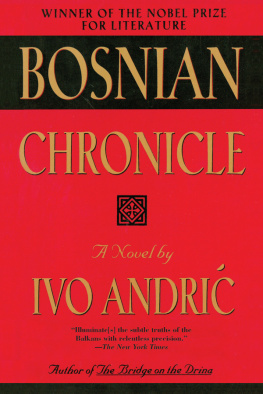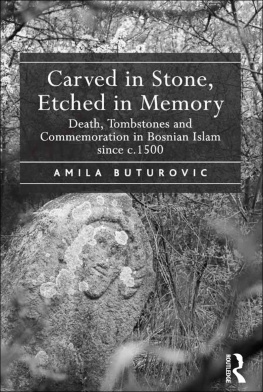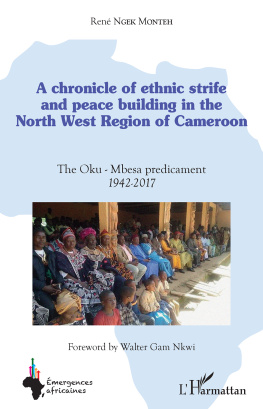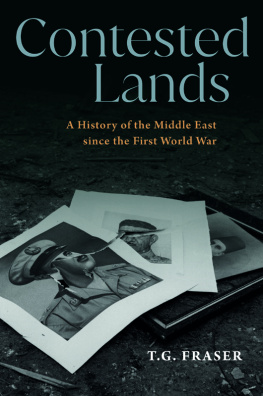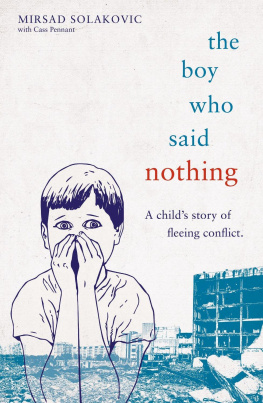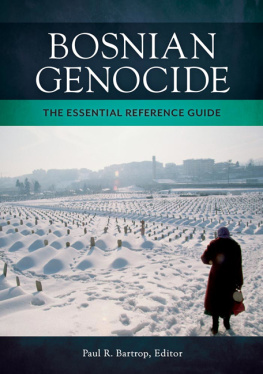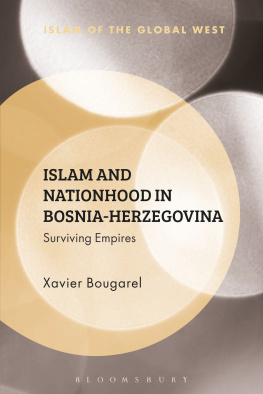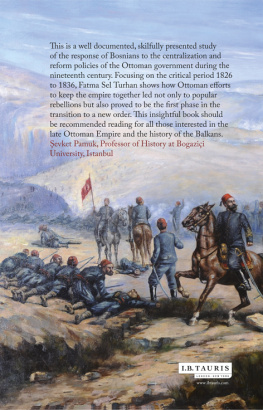
First published 1963
First Arcade Publishing edition 1993
This paperback edition 2015
All rights to any and all materials in copyright owned by the publisher are strictly reserved by the publisher. All inquiries should be addressed to Arcade Publishing, 307 West 36th Street, 11th Floor, New York, NY 10018.
Arcade Publishing books may be purchased in bulk at special discounts for sales promotion, corporate gifts, fund-raising, or educational purposes. Special editions can also be created to specifications. For details, contact the Special Sales Department, Arcade Publishing, 307 West 36th Street, 11th Floor, New York, NY 10018 or arcade@skyhorsepublishing.com.
Arcade Publishing is a registered trademark of Skyhorse Publishing, Inc., a Delaware corporation.
Visit our website at www.arcadepub.com.
10 9 8 7 6 5 4 3 2 1
Library of Congress Cataloging-in-Publication Data
Andric, Ivo, 1892-1975, author.
[Travnicka hronika. English]
Bosnian chronicle : a novel / Ivo Andric.
pages cm
ISBN 978-1-62872-418-9 (paperback)
1. Travnik (Travnik, Bosnia and Hercegovina)--History--Fiction. I. Hitrec, Joseph George, 1912-, translator. II. Title.
PG1418.A6T713 2015
891.8235--dc23
2014041506
Cover design by Abby Kagan
Ebook ISBN: 978-1-62872-457-8
Printed in the United States of America
Works of Ivo Andri

Ex Ponto POEMS , 1918
Unrest POEMS , 1919
The Voyage of Ali Djerzelez NOVELLA , 1920
Tales I 1924
Tales II 1931
Conversations with Goya ESSAY , 1934
Tales III 1936
The Bridge on the Drina NOVEL , 1945
Bosnian Chronicle NOVEL , 1945
Miss NOVEL , 1945
New Tales 1948
The Viziers Elephant NOVELLA , 1948
Devils Yard NOVELLA , 1954
Under the Hornbeam NOVELLA , 1952
Faces STORIES , 1960
Notes on Goya ESSAY , 1962
Contents
Translators Note
I n October 1961, the Swedish Academy awarded Ivo Andri the Nobel Prize for literature, citing him for the epic force with which he has depicted themes and human destinies from the history of his country. The Academy paid special tribute to the three works that comprise his Bosnian trilogyof which Bosnian Chronicle is the longest and most monumental. The other two are The Bridge on the Drina and Miss .
While the subject of all three are the people of Bosnia, Bosnian Chronicle delves deepest into those elements of the turbulent Bosnian heritage which give it its unique ethnic and spiritual flavor. This is the territoryroughly the size of West Virginiawhich has been the contending ground of Eastern and Western cultures for almost two thousand years. Roman legions and the phalanxes of Philip of Macedon have roamed over it in search of plunder and new frontiers. Byzantium and the Church of St. Peter have wrangled for its soul. The Ottoman tide, cresting into Europe in the sixteenth century, made of Bosnia a buffer province and a base for its incursions against Vienna and Budapest. Later, it became a precarious East-West trade route in Napoleons Continental System. And after the Austrian occupation in the nineteenth century, it was the fatal shot fired at Sarajevo in 1914 that plunged the world into the first global war.
This, then, is the tortured, flamboyant tapestry of Andris storiesstories in which Bosnian men and women live their perilous and extraordinary lives amid oppression and cruelty, ever haunted by visions of freedom and human dignity which history has dangled before them but has been painfully slow to deliver.
Born in Travnik in 1892, Andri was part of the struggle of which he writes. At the age of nineteen, while studying in Sarajevo, he joined the Bosnian Revolutionary Youth Organization, which fought for the liberation of Bosnia from Austrian rule and for the unification of the South Slavs. Thrown in jail by the Austrians, Andri read Kierkegaard and wrote two volumes of brooding poetry, Ex Ponto (1918) and Unrest (1919). After World War I, when the South Slavs finally realized their historic dream of independence, he entered his countrys new diplomatic corps and served with distinction in Italy, Rumania, Spain, and Switzerland. He also wrote a great number of stories and novellas which quickly established him as one of the foremost Yugoslav writers of the day. Among his critical writings of that period, Conversations with Goya occupies a special place in that it states his credo as a writer and humanist.
On the eve of World War II he was appointed Minister to Germany. When the Nazis attacked Yugoslavia he returned to Belgrade and lived as a recluse in his apartment. The long night of the occupation seemed to have no end, he told a friend later on. Hope was an act of desperate defiance against monstrous odds. Hope and the oblivion of work. He translated Giardinis Riccordi , wrote a score of tales, and read everything in sight. He began work on his Bosnian trilogyfirst Bosnian Chronicle , followed by The Bridge on the Drina and Miss . Four and a half years later the trilogy was ready for publication.
The three books, published one after another during 1945, made him, overnight as it were, a dominant figure in Yugoslav letters. He was hailed as a prose-poet of the past, a storyteller of genuine power with a philosophic viewpoint, whose style of expression perfectly fitted his material. Moreover, the epic sweep of his canvas and the deeply compassionate spirit playing over it gave his writings a universal quality that raised them from the purely regional and placed them in the European mainstream. Here was a small-nation writer who was big in a fashion that transcended his local subject matter. It was largely through Andri that Yugoslav literaturetalented and interesting but flourishing on the European peripherygained international recognition and a world audience for the first time. By the late fifties, Andris stories, novellas, and novels were read and admired in some twenty-eight languages.
In the years following World War II Andri served in his countrys National Assembly and was elected president of the Yugoslav Federation of Writers. He received the highest literary award of Yugoslavia. He wrote more stories, essays, and several important novellas, notably Devils Yard , a phantasmagoric study of an oriental prison that has drawn critical comparisons with Gogol, Dostoevski, Kafka, and Orwell. Since the Nobel Prize, he has been living and writing in Belgrade and is now completing another chronicle of his native Bosnia.
The main themes of Ivo Andris writingcausative interplay of guilt and human suffering, the individual versus tyranny, the warping of mens destinies through historic circumstancewhich are explored singly in some of his stories, are woven in Bosnian Chronicle into a harmonious whole. The elegiac mood of his early poetry, the preoccupation with personal sin as an agent of general evil, which marks his longer stories written between the wars, are transmuted here into a relentless, many-leveled scrutiny of the character, psychology, and moral sap of a whole people. What is the truth behind the harshness of Bosnian life and its tormented heritage, how real is that audible and visible melancholy which the Austrian Colonel von Mitterer, in Bosnian Chronicle , speciously calls Urjammer ancient misery? Why, as a discerning Yugoslav critic has asked, is everything weighed down by some heavy and sinister burden, as if paying back who knows what kind of ancient and eternal debt?

